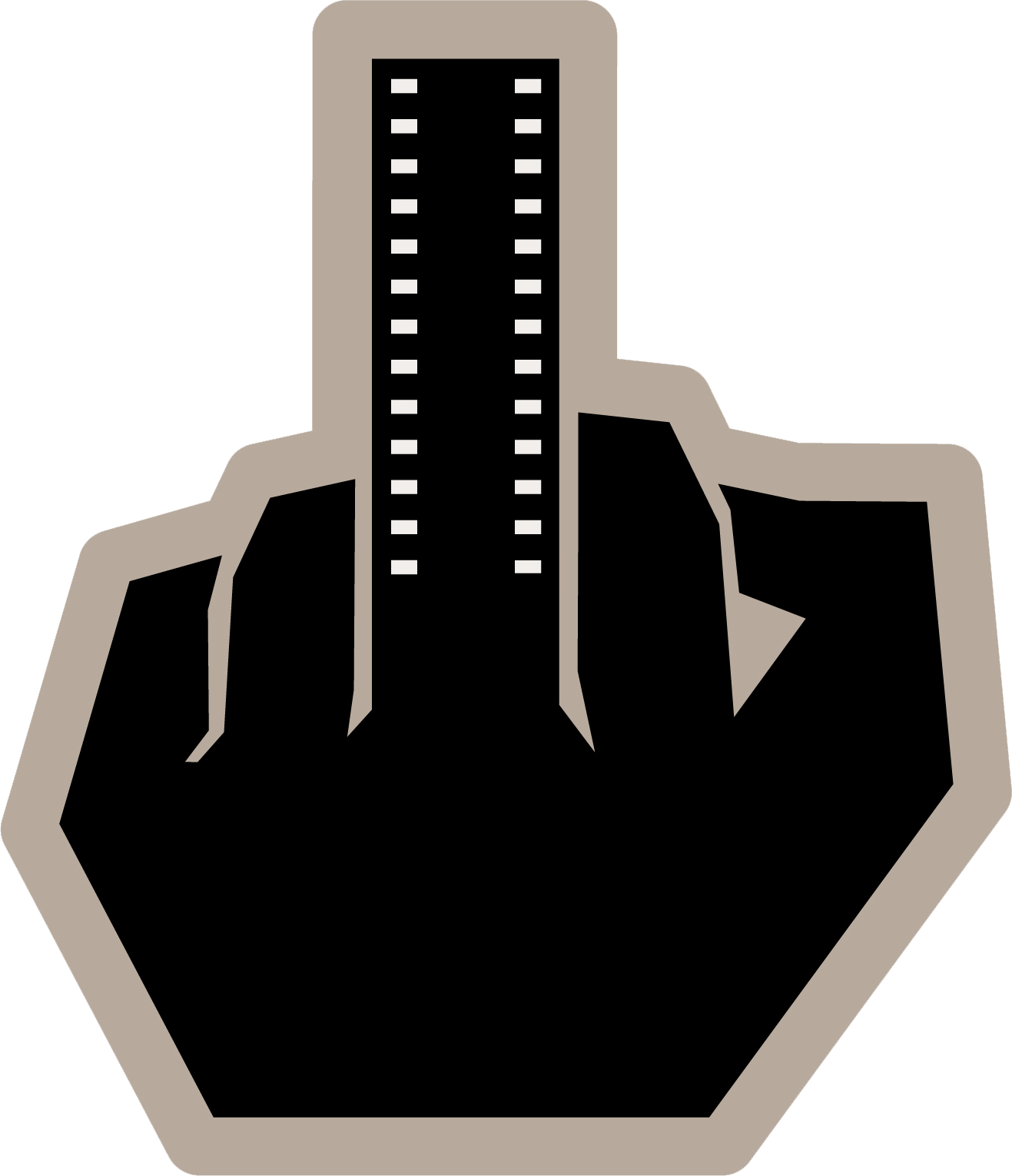My First Lesson In Lighting And Electricity
Here’s a little story about one of the important lessons I learned when I was in film school.
We were shooting a 310, which was our second big project in film school. A 16 mm black and white short film without sync sound but it had to have a full soundtrack when it was finished. Music, FX, VO, just no sync dialogue.
Richard Mozer, Bruce Moore, and I at USC (1977)
The film I was shooting was my 310 partner, Richard’s film. We shot his film first and then mine. We were shooting at another friend’s apartment in Glendale on a Sunday afternoon. It was our last day of shooting and we were pretty tired. I was doing camera and lighting. Richard was directing and helping with everything else. The entire crew was just the two of us.
One of the great things about USC’s program when I was there was that you had to do everything at some point and you figured out what your strengths were and what you liked. I’ve never considered myself a great DP but I can do okay.
We had a couple of lighting kits from school, nothing special that I recall. I was lighting the entire apartment interior for single long takes so the lighting was fairly complex. I was also shooting day for night, and making it very arty.
We were doing the last shot of the day. To this day I’m not sure how I did it, or what I even did, but at some point during that last shot the power went out. Not a big deal. I went to the fuse/breaker box to flip whatever circuit breaker I had obviously blown. I flipped a couple of the breakers and nothing happened.
That’s odd…
One of the people who lived in the apartment heard a noise outside and looked out the window.
“Uh guys? The whole complex is out.”
“What?”
“The power in the whole complex is out. And people are outside wondering what the hell is going on.”
We casually stepped outside and sure enough both buildings in the complex were pitch black. We could see lights on in the homes and buildings around the complex but the complex itself was out! And tenants were not happy about this outage.
“Shit!”
And this is where our USC film school training came in. I remembered what our cinematography teacher had told us early on. I sprang into action.
Richard and I broke down all of our equipment and got everything into the cases. We ran all of the gear out the back way to the parking lot and put it into my car. I covered everything up with a dark blanket (you couldn’t see into my car anyway) and then drove the car two blocks away and parked it under a tree.
I walked back to the apartment complex, grabbed a beer and joined Richard and the other tenants outside as everyone was bitching about what happened.
PG&E finally showed up and eventually restored power to the complex. I never found out from my friends if anyone figured out what had actually happened.
Richard Mozer, Bruce Moore, and I on the sound stage at USC (1977)
When I told our Cinematography Instructor what happened the next day I asked him what he thought I had done to cause that large of an outage. He just shrugged his shoulders. “The important thing was no one got hurt and you stashed all of the gear off the premises so you wouldn’t get blamed for it. Good job.”
What our cinematography instructor had told us earlier was… “If you ever really blow the power out wherever you’re shooting, the first thing you need to do is hide all of your gear. If PG&E finds out you’ve been shooting a film and they think you’re responsible for the outage, they will come after you and make you pay for any damage and the time it takes to fix the problem.”
I have had a few other adventures with electricity over the years but I have never taken out an entire apartment complex like I did that afternoon.
Thank you Bob Kaufman for that great advice that I have only had to use that one time.
And that’s why having a good teacher is important.
***Disclaimer – I have been told by others that what we were doing couldn’t have knocked out the power in that complex, it was probably something else. Maybe it was, I don’t know. But I’m sticking to my story because that was my experience. And why ruin a good story with the truth?
Remember what Maxwell Scott says in The Man Who Shot Liberty Valance - “This is the west, sir. When the legend becomes fact, print the legend.”
Thanks for reading. Have a great week.
Don’t Let The Bastards Get To You!
Please Support Independent Artists! Even the crazy ones.
If you want to check out any of my books, films, or Angry Filmmaker merchandise head on over to my website. www.angryfilmmaker.com
Follow me on Substack - https://substack.com/@kelleybakerangryfilmmaker
Instagram - https://www.instagram.com/angryfilmmaker/
Facebook - https://www.facebook.com/kelley.baker



